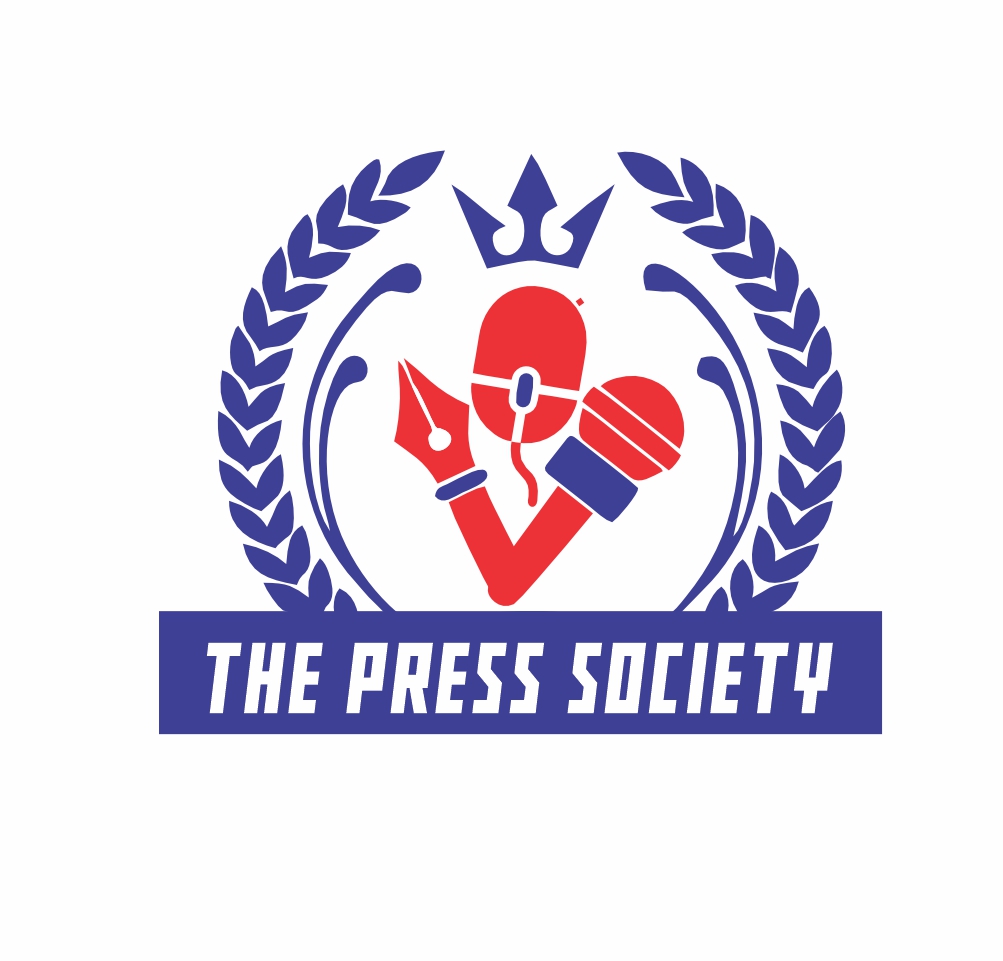 In a landmark move, the Bauchi State House of Assembly has unanimously passed a bill establishing free sanitary pad banks across schools, correctional facilities, and community centers statewide. This initiative, the first of its kind in Nigeria, aims to enhance menstrual hygiene management and reduce absenteeism among indigent adolescent girls and young women.
In a landmark move, the Bauchi State House of Assembly has unanimously passed a bill establishing free sanitary pad banks across schools, correctional facilities, and community centers statewide. This initiative, the first of its kind in Nigeria, aims to enhance menstrual hygiene management and reduce absenteeism among indigent adolescent girls and young women.
During the plenary session presided over by Speaker Rt. Hon. Abubakar Y. Suleiman, the bill successfully passed its third reading. Speaker Suleiman lauded the collaborative efforts of organizations such as Women for Women International (WfWI), ASHH Foundation, Child is Gold Foundation, and other civil society organizations (CSOs) for their relentless advocacy leading to the bill’s passage. He expressed optimism that this legislation would significantly benefit underprivileged girls and women who struggle to afford sanitary pads during menstruation.
Ambassador Comfort Attah, Executive Director of ASHH Foundation, expressed gratitude to the Bauchi State Government, the legislature, and partnering CSOs for their dedication to this cause. She emphasized that while the bill’s passage is a significant achievement, the next crucial step is obtaining the Governor’s assent to enact it into law. Attah highlighted the readiness of CSOs to collaborate with the government to ensure effective implementation of the sanitary pad banks.
Elizabeth George, Executive Director of Child is Gold Foundation, described the bill’s passage as a monumental achievement for CSOs advocating for women’s health and rights. She noted that this initiative would ensure proper menstrual hygiene management in schools, correctional facilities, and communities, thereby removing barriers to education and well-being for indigent girls and women.
Hon. Lawal Dauda, Chairman of the House Committee on Health, underscored that Bauchi State is leading nationally with this pioneering legislation. He asserted that establishing free sanitary pad banks would address menstrual hygiene challenges and reduce absenteeism among schoolgirls, female inmates, and other disadvantaged women during their menstrual periods. Dauda commended his colleagues for their unwavering support, noting that the House reconvened from recess specifically to pass this bill, demonstrating their commitment to women’s development in the state.
The bill now awaits the assent of Governor Bala Mohammed to become law. Stakeholders remain optimistic about the Governor’s approval, given his administration’s supportive stance on initiatives enhancing women’s health and education. Once enacted, Bauchi State will serve as a model for other regions aiming to implement similar programs to support menstrual hygiene management and promote gender equality.
This progressive legislation reflects a significant stride toward improving the quality of life for women and girls in Bauchi State, ensuring that menstrual hygiene is no longer a barrier to education and personal development.





